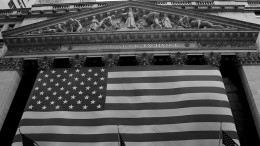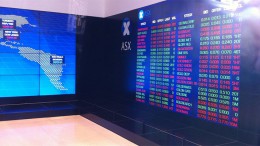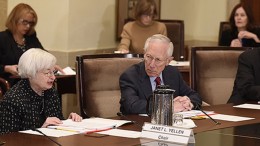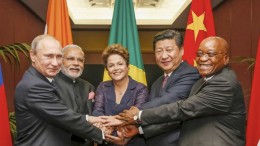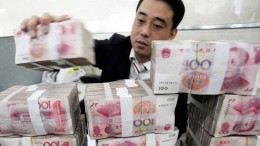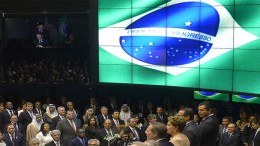China’s Economy Is Not Collapsing
Danny Quah | For three decades now, many of the world’s most insightful observers have predicted the imminent demise of China’s system. But these same three decades have also seen China confound expectations. China’s economy turned in double-digit growth rates. China lifted 600 million people out of poverty.


